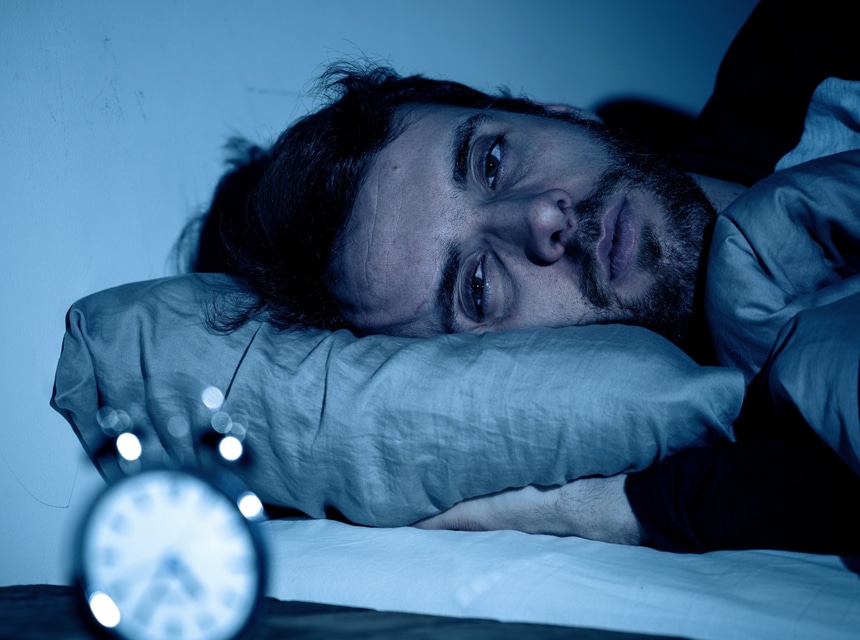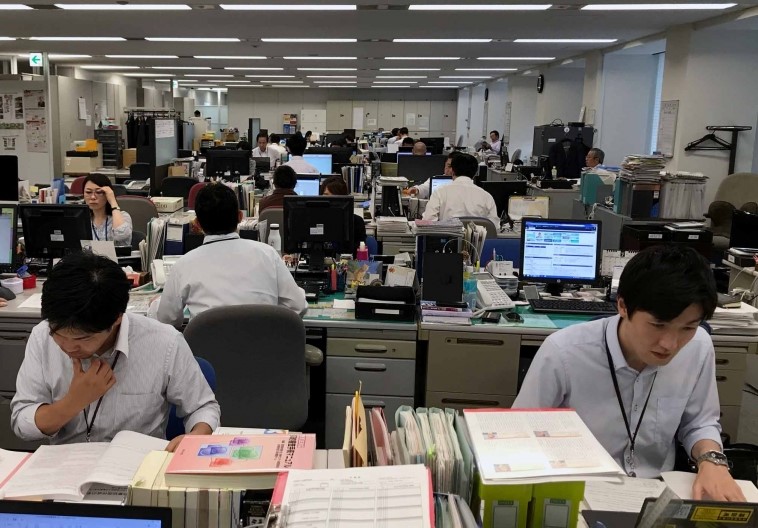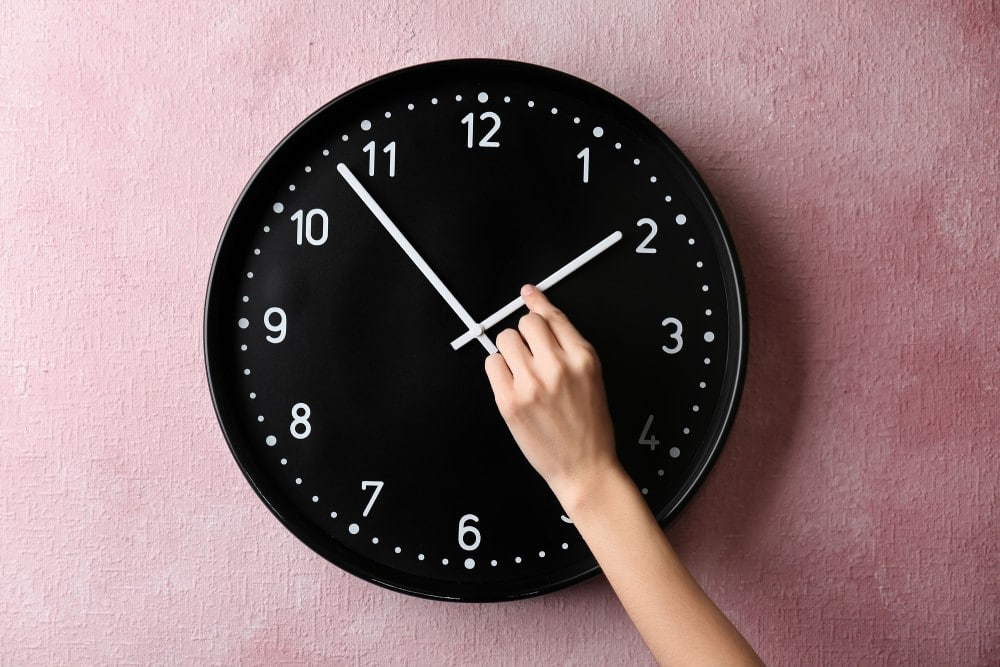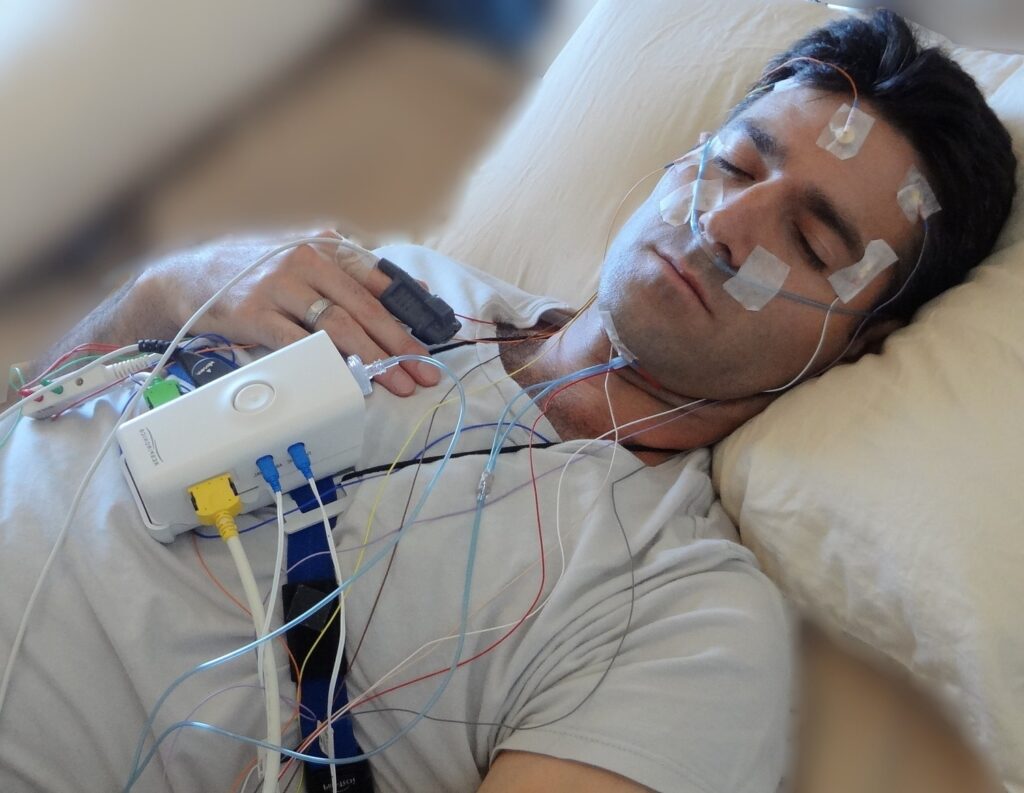

On 29 October 2021, the Department for Levelling Up, Housing, and Communities revealed that they’d be supporting rough sleepers with treatment services for alcohol and drug dependency as well as safe and warm accommodation this winter, using £66 million. They hope that through this support, rough sleepers will be encouraged to get off the streets when the temperatures are extreme and jump at the opportunity to transform their lives by breaking their harmful cycle of addiction.
This new support is founded on the success of a previous initiative known as Everyone In, which was responsible for placing around 37,000 rough sleepers in long-term accommodation when the pandemic struck. The recent announcement was part of the government’s project that hopes to eliminate rough sleeping by 2024.
These initiatives are highly effective, and according to BBC Trusted Source Rough sleeper numbers 'down a third in a year' Government statistics show 2,688 people on the streets on one night in autumn 2020, down from 4,266 in 2019. www.bbc.com , the number of rough sleepers has reduced by a third this year.
The allocation so far has been as follows:
Even though rough sleeping has already reduced significantly, the government will not withdraw its support by will instead invest £640 million annually for the next three years. This is an 85% funding increase from 2019.
This new support is in addition to the £112 million that was invested last year and built upon the £202 million that the councils use to help rough sleepers off the streets by funding for 2,700 specialist support staff and 14,500-bed spaces.
The fund also supports people that are at risk of being evicted through a Homelessness Prevention Grant worth £310 million. The councils are also helping the households find new places to live and providing financial support. There’s also a £16 million pilot that’s aimed at helping rough sleepers find temporary care, support, and accommodation when they leave the hospital so as to end their cycle of hospital admissions and homelessness.
According to Eddie Hughes MP, the Minister for Rough Sleeping and Housing, rough slippers are part of society’s most vulnerable people who should be helped off the streets. This could be achieved by giving them warm and safe places to stay during winter. He also highlighted that they’d be helping rough sleepers that are struggling with addiction and giving them a chance to turn their lives around.
Gillian Keegan, the Minister for Care, states that it’s important to help rough sleepers, especially those that would like to end their cycle of addiction. She further noted that the new funding will not only be beneficial for the people struggling with addictions but also their friends and families that are impacted by their substance abuse.
The CEO at Housing Justice, Kathy Mohan, highlighted that she’s proud that they’ve been able to offer rough sleepers COVID-secure accommodation for the second year running. She also noted that the new finding would help them get more beds and implement new ideas, thereby expanding options for people dealing with rough sleeping.
Based on a BBC Trusted Source Rough sleepers: Long-term housing 'varies by area' A scheme to bring all rough sleepers indoors at the start of the pandemic has seen a large disparity in the outcomes of those supported across England, new data has revealed. www.bbc.co.uk news article, long-term housing for rough sleepers will vary based on the area. The projects that will benefit from this new funding include:
One of the funds, the Drug, and Alcohol Treatment Grant, is already giving rough sleepers in 43 councils access to structured alcohol and drug treatment, including detox, rehab, and counseling services for the second year now.





